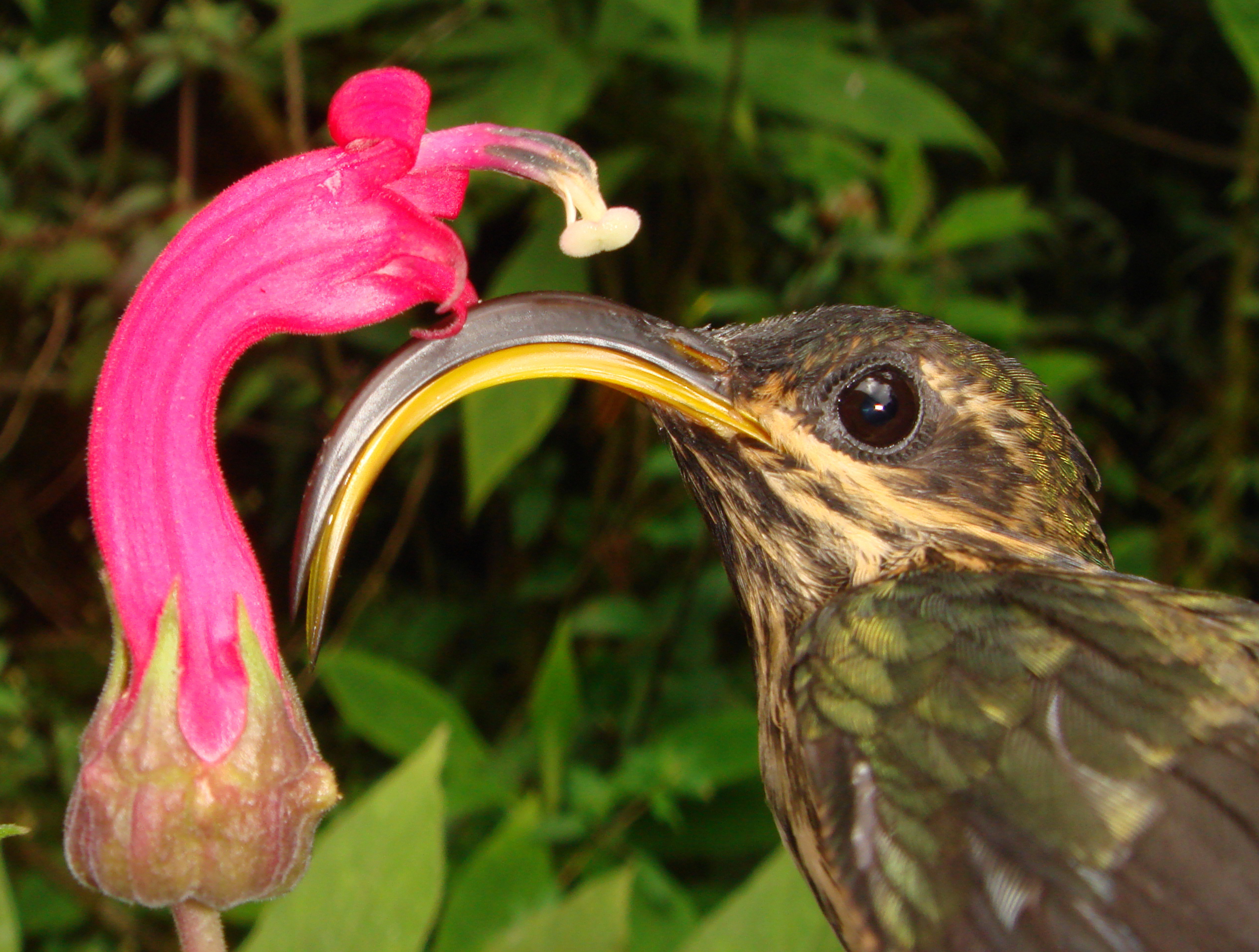 We now at last have a significant academic literature on meme-gene coevolution. However few seem to have considered the dynamics of the meme-gene-queme coevolution that can be expected as a result of considering quantum Darwinism in the brain. This blog post is a brief attempt to share my thoughts on the topic.
We now at last have a significant academic literature on meme-gene coevolution. However few seem to have considered the dynamics of the meme-gene-queme coevolution that can be expected as a result of considering quantum Darwinism in the brain. This blog post is a brief attempt to share my thoughts on the topic.The first thing to say is that it isn't just memes genes and quemes - Darwinian dymanics arise on multiple levels within the brain, for, for example, signals in the brain are copied whenever an axon divides, and are subect to selection and variation - producing a kind of neuronal spike Darwinism. Another type of Darwinian dynamics in the brain arises as a result of competition for resources between branching axon and dendrite tips. ideas are also copied with variation and selection within the brain - including ideas that don't normally qualify as memes because they were not the product of social learning.
One way in which we can expect the dynamics to differ from meme-gene coevolution is that culture is new on the scene, while the other kinds of psychological and neurological Darwinism have been going on for many millions of years. There will have been more time for the genes to adapt and reach a steady state equalibrium with these other Darwinian processes - while meme-gene coevolution is clearly out of balance and is still shifting.
An important way to understand the results of evolutionary processes is to consider their optimization targets. When there's coevolution there are usually multiple optimization targets, and one needs to understand how they interact by considering the power and speed of the optimization processes involved. Quantum Darwinism looks as though it could be fast, which means that we should take it seriously. Assuming that we reject Copenhagen-style versions of Quantum Darwinism in which branches of the wavefunction collapse and die, quantum Darwinism is a kind of splitting only, quasi-Darwinism - where differential reproductive succees in important while differential death is not. With this perspective in mind, the "goal" of quantum evolution appears to be to put us in the most split (and most splitting) worlds. One way to understand the implications of this is to take a thermodynamic perspective. World splitting is populatly associated with irreversible thermodynamic effects. What that means is that quantum Darwinism can be expected to behave like other kinds of Darwinism - in terms of maximizing entropy production.
I think this thermodynamic perspective helps get a handle on the significance of quantum Darwinism in the brain. If the brain ran hot, there would be lots of scope for quantum Darwinism in the brain, while if it runs cool, there's less scope for quantum Darwinism to operate. Most agree that the brain is on the cool side - considering what it is doing.
I think that genes are likely to be optimizing for cool brains, and brains that optimise for gene-coded functions. This may often pit them against quantum Darwinism in the brain. A cool brain is good news for quantum computation theories of mental function (fewer thermodynamic irreversible events means less chance of decoherence) - although those look implausible to me on other grounds. However a cool brain doesn't help the argument for quantum Darwinism being important in the brain.
Evolutionary processes liek to "harness" each other, to bend their optimization targets towards each other. Because quantum Darwinism in the brain has coevolved for millions of years with the genes, they have had a long time to find ways to harness the power of quantum Darwinism. However, the classical way for one evolutionary process to harness another one is by altering its fitness function. The genes might find it hard to affect the fitness function of quantum Darwinism since that is tied up with fundamental physics. That is going to make harnessing its effects more challenging. Another potential way for one evolutionary process to harness the effects of another one is by influencing the variants that it chooses between. However, this mechanism seems weaker and less useful.
My conclusions here are pretty tentative, but the picture I am seeing here is that the brain might not be able to make much use of quantum Darwinism because it is an alien selection process whose optimization target can't easily be controlled. In which case, the brain might be best off attempting to minimize its influence. This would be a rather boring conclusion. Mutualism and harnessing would be a much more interesting result. However, I stress again that it is somewhat uncertain. Maybe the brain can make some use of the power of quantum Darwinism by influencing the things it selects between. Or maybe evolution is smarter than I am and has found ways to make use of it that I haven't thought of.










No comments:
Post a Comment